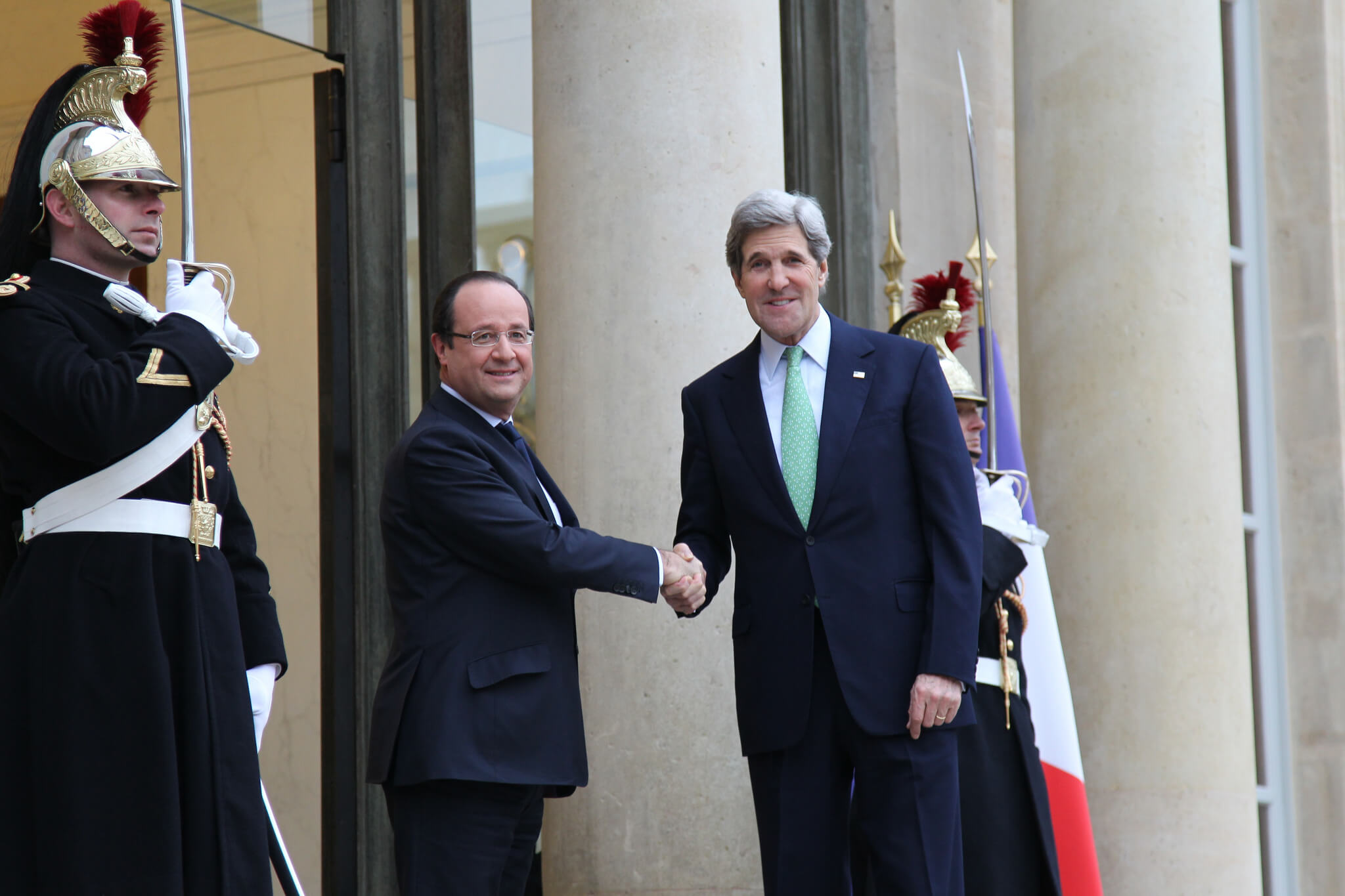The British government is overhauling guidelines which have remained unchanged since 1968, in order to implement extensive procurement reforms. The focal point of this activity has been the establishment of the Single Source Regulation Office (SSRO) in January of this year.
As part of a wider effort geared towards getting better value for money out of the defence budget, the SSRO operates between industry and the Ministry of Defence (MoD), examining single source contracts valued at £5 million or more. Single sourcing occurs when there is one sole supplier and one buyer, which could logically happen when troops in action require additional equipment immediately. MoD spending on existing and new single source contracts last year reached £8.3 billion – over 40 percent of the total procurement and support budget. It is expected this figure will rise if the British Parliament decides to approve the replacement plan for the country’s nuclear missile submarine fleet next year. A single source contract currently held by BAE systems, the submarine contract is worth £285 million, highlighting the large impact that these contracts have on the British economy.
There are two primary means by which the SSRO hope to cut down costs for the MoD. In the first instance, SSRO Chief Executive Marcine Waterman announced on September 15 plans for a consultation with industry on proposed profit rates for single source contracts. Current regulations permit a certain margin which is calculated from a “Yellow Book” formula devised in 1968. This is meant to reflect the average profits made by UK-listed British businesses, and currently sits at around 10.5%. Calculations suggest that British defence companies have been earning anywhere between 12 and 22 percent margins on single source contracts over the past five years.
As SSRO chairman, Jeremy Newman, has pointed out, “The world has changed since 1968 and we need to start looking at things differently … Back in the 60s and 70s, the MOD buying was much simpler. The profit benchmark against manufacturing made a lot of sense. Today they buy a whole range of goods and services, a whole host of different sorts of contracts, some of which bear little resemblance to industry and manufacturing. The world is also a lot more global”.
The consultations are devised, therefore, in the hope of introducing a range of allowable profit margins tailored to the kind of work being carried out. This would take the place of the current single baseline profit rate for all types of work. The other crucial focus of the SSRO will be stopping the practice of “padding” government supply contracts. This “padding” occurs when suppliers add on additional items to the final bill, many of which have long been seen as unnecessary and excessive.
One such example is the addition of entertaining and marketing costs. As Mr. Newman has stated, “Historically it would have been acceptable for contractors to charge entertaining and marketing costs … Our view is if there is only one buyer and one seller there isn’t any entertaining and marketing needed, so we said, ‘Sorry folks, you can’t charge that’. Indeed, during the committee hearings in Parliament in 2013 which resulted in the creation of the SSRO, Defence Procurement Minister Philip Dunne reported to MPs that contractors were making an estimated £100 million to £200 million a year in inappropriate charges. Examples including £24,000 on ceremonial mugs and £2,000 for a children’s party underlined the extent of these charges.
Further cost reductions will come as the SSRO begins to reject other “padding” charges, such as companies charging for insurance premiums on rework, and by ensuring that profits are only charged once on a cost, rather than at each stage of the supply chain. Ultimately, Mr. Newman hopes that this will improve efficiency among contractors: “I have been to a number of sites. Do I think they could be manufacturing more efficiently? Yes, I absolutely do, and I think the incentive for them to do so has been lacking.”
It is hoped that the SSRO will squeeze costs for the government by £200 million per year, a target it is already well on the way to meeting. Importantly, its effect will not only be felt in Britain. Whilst the SSRO’s remit excludes US Foreign Military Sales and government-to-government deals, it will eventually judge all single source contracts including those involving foreign companies. As such, this represents a significant change in the conduct of defence procurement for Britain, which is certain to have international implications.





